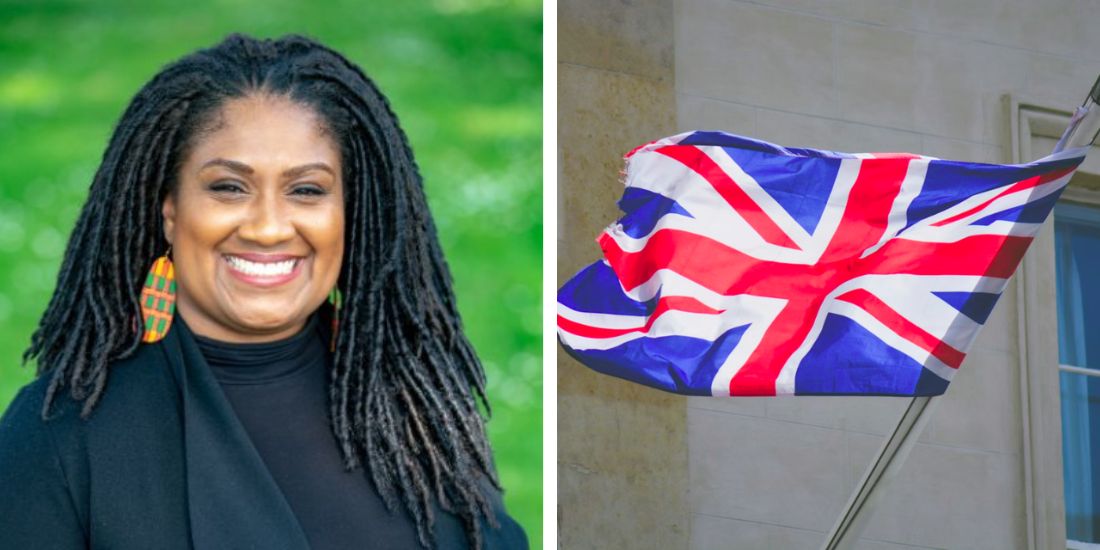This article originally appeared on watchdog.org.
TOPEKA, Kan. — Earlier this month,Shawnee Republican Sen. Mary Pilcher-Cook introduced new legislation in response to anObamacare navigator who last year was discovered to have had a warrant out for her arrest.
But officials at the Heartland Community Health Center inLawrence say Pilcher-Cook’s bill wouldn’t actually prevent Rosilyn Wells from guiding Kansans on the ins and outs of the federal health care marketplace.
Wells became the subject of national scrutiny last October after the Daily Callerreported the Obamacare navigator not only had a bench warrant out for her arrest inShawnee County, but also a checkered financial history including bankruptcy in 2003 and a 2007 civil charge from Midwest Checkrite.
While Wells’ missteps were touted by her supervisors, Pilcher-Cook seized the opportunity to pledge a new law to address the matter.
Members of the Senate’s Public Health and Welfare Committee spent Tuesday reviewing Pilcher-Cook’s SB 362, which outlines a range of proposed regulations and restrictions regarding who can and cannot serve as a health care navigator inKansas.
In addition to submitting a set of fingerprints, the legislation would require that would-be navigators file upwards of $350 dollars in fees, obtain a $10,000 surety bond and submit to a criminal background check. The legislation would also prevent anyone with a felony conviction, or a misdemeanor involving fraud or dishonesty, from serving in the capacity.
“We want to make sure navigators are who they say they are, that they do not have a criminal background, a criminal history, and we want to make sure they’re handling this in a professional, efficient and above-board manner,” said Sen. Clark Shultz, R-McPherson.
Opponents say increased oversight and regulation are all well and good, but there’s one catch: at least some of the proposed security precautions are already in place.
“We’ve completed national background checks on all of our navigators. We’ve done this all along,” said Cathy Harding, executive director of the Kansas Association for the Medically Underserved. “It’s not required in federal law. We said ‘that’s not good enough.’”
Sen. David Haley, D-Kansas City, commented on the strengths and merits of the bill, but contemplated the purpose of creating yet another layer of bureaucracy and regulation.
“None of us disagree with appropriate regulation of navigators,” said Sheldon Weisgrau, director of the Health Reform Resource Project. “The issue is what public policy goals are served by this regulation.”
Opponents from public health organizations participating in a consortium backing the state’s more than 160 Obamacare navigators contend the bill brings the specter of legal challenge, citing similar legislation that was struck down last month in Missouri.
However, deputy attorney general Jeff Chanay said at the time the ruling was made the U.S. District Court judge in question lacked a key piece of information, namely a statement of consent from U.S. Health and Human Services Secretary Kathleen Sebelius.
“I understand that many states have enacted laws related to Navigators … states are free to enact such provisions so long as they do not prevent the application of the provisions of Title I of the Affordable Care Act,” Sebelius wrote in a Jan. 6 letter responding to 13 state attorney generals, including Kansas’ Derek Schmidt.
In its current form, SB 362 would heap responsibility for enforcing Navigator regulations onto the state attorney general’s office, at an annual cost of around $40,000. However, in submitted written testimony, the Kansas Insurance Department stated it could accomplish the task more efficiently.
“The Department is capable of implementing a Navigator registration program almost immediately with existing resources and no fiscal impact,” the testimony stated.
The insurance department also voiced concern that navigator restrictions weren’t on par with licensing requirements for their private sector counterparts. Comparatively, private insurance agents are not subjected to fingerprinting — though the department says it has previously requested to do so — face significantly lower fees and aren’t required to submit credit rating and bankruptcy information.
They also, however, aren’t backed by more than $800,000 in federal funds used to kick-start the state’s navigator program.
Following Tuesday’s hearing, SB 362 was reassigned from the Public Health and Welfare Committee to the Senate’s Ways and Means Committee, one of a handful in the Senate that can still review bills in the house of origin after the turnaround deadline Friday.





